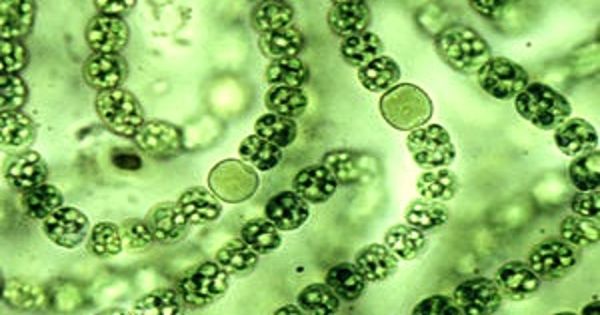The human virome is a collection of viruses that live in the human body. It refers to the total number of viruses found in and on the human body. Viruses can infect both human cells and other microbes such as bacteria (as bacteriophages do). It includes all viruses capable of infecting human cells and is a component of the larger human microbiome, which includes all microorganisms found in and on the human body. Some viruses are pathogenic, while others are asymptomatic. As proviruses or endogenous viral elements, certain viruses are also integrated into the human genome.
The human virome is a dynamic and complex ecosystem, and research in this area has accelerated in recent years. Viruses evolve quickly, so the human virome is constantly changing. Every human being has a distinct virome with a distinct species balance. Individuals’ exposure to viruses can be influenced by their lifestyle, age, geographic location, and even the season of the year, and their susceptibility to any disease caused by those viruses is also influenced by pre-existing immunity and both viral and human genetics.
Here are some key points about the human virome:
- Diversity: The human virome is diverse, consisting of a wide variety of viruses. These can include bacteriophages (viruses that infect bacteria), eukaryotic viruses (those that infect human cells), and others.
- Location: Viruses in the human virome can be found in various locations throughout the body, including the skin, respiratory tract, gastrointestinal tract, and more. Different body sites have distinct viromes.
- Dynamic Nature: The composition of the human virome can change over time. Factors such as age, diet, immune status, and environmental exposures can influence the types and abundance of viruses present.
- Interaction with the Microbiome: The human virome interacts with bacterial, fungal, and other microbiome components. This interaction has the potential to impact human health and disease.
- Role in Health and Disease: While many viruses in the human virome are harmless and may even serve a useful purpose, others can cause disease. The role of the virome in various health conditions, including infectious diseases and chronic conditions, is being studied.
Understanding the human virome is critical for gaining insights into human health and developing prevention and treatment strategies for viral infections. Current research in this field is shedding light on the complexities of the virome and its impact on human biology.
















